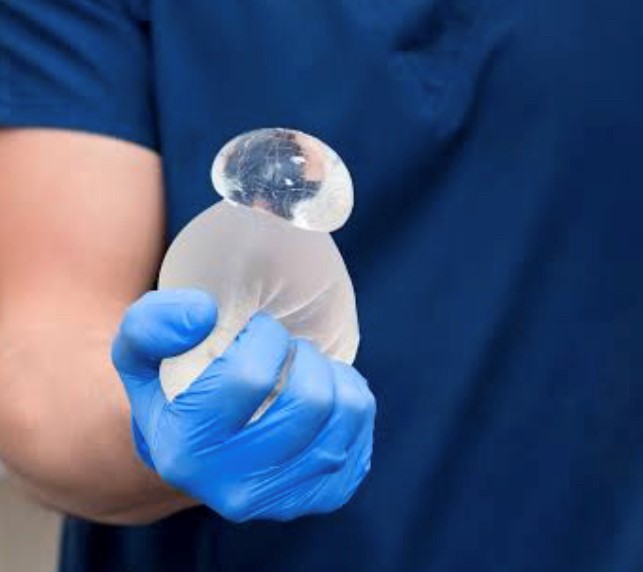Can breast implants last a lifetime?
Breast augmentation surgery is one of most common cosmetic surgeries performed every year and the breast implants used for breast augmentation are not designed to last forever.
Ruptured breast implants cannot be repaired, and surgery is needed to remove or replace them. All types of breast implants have an outer, silicone shell that can potentially develop a tear or hole called a rupture.
Today’s implants have cohesive consistency and it is a stable silicone gel. The advantage of this, is that if the implants rupture, the risk of the silicone spreading is minimal, and the implant remains inside the capsule, which is called intracapsular rupture.
The outer silicone covering of today’s implants is more resistant than implants used many years ago and minimises the risk of silicone leaking from the implant or silicone bleeding.
Extracapsular rupture or outside the capsule is still seen in patients with non-cohesive silicone gel implants. This gel can spread to your breast tissue, lymph nodes or beyond.
When a silicone breast ruptures, it might go unnoticed because the silicone tends to remain trapped in the surrounding tissue. This is known as a silent rupture.
With saline implants, the body simply absorbs the saline, and the silicone shell stays inside the scar capsule that naturally forms around any foreign device. With a silicone implant rupture, the highly cohesive silicone almost always stays within the capsule. This may cause tightening of the scar capsule (hardened scar tissue) which is known as capsular contracture. Typical symptoms include pain, malposition of the implant, firmness of the breast, and a change in breast shape. While rare, extracapsular spread of silicone into the breast tissue may cause palpable nodules in the breast with the possibility of swollen lymph nodes in the axilla. It is recommended that the implant and scar capsule be removed with the possibility of placing new implants.
Ruptured silicone breast implants aren’t thought to cause breast cancer, reproductive problems, or connective tissue disease, such as rheumatoid arthritis.
An MRI is widely considered the most accurate imaging test for ruptured implants.
The FDA recommends that people with silicone breast implants receive MRI screening for “silent rupture” 3 years after the initial implant surgery and every 2 years after that.
If you have implants in both breasts, your qualified plastic surgeon will in most cases offer breast implant removal, even if only one has ruptured. Usually if you’ve decided that you want new implants, your surgeon will perform implant replacement at the same surgery with the possibility of implant size change and breast lift called mastopexy.
A ruptured silicone implant, whether intracapsular or extracapsular, should be removed because of the possible interaction with surrounding tissue and possible spread to local lymph nodes.

Recent Comments